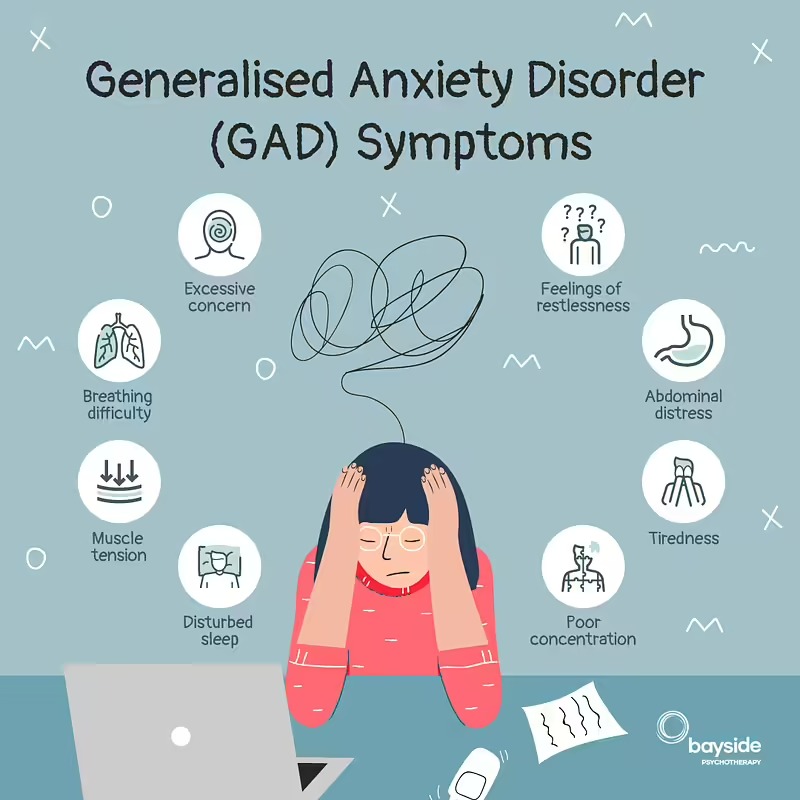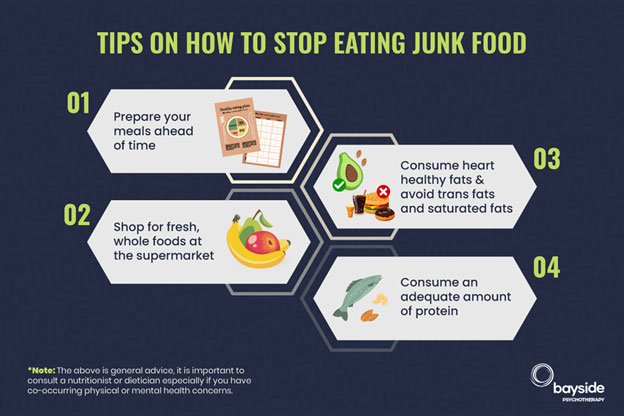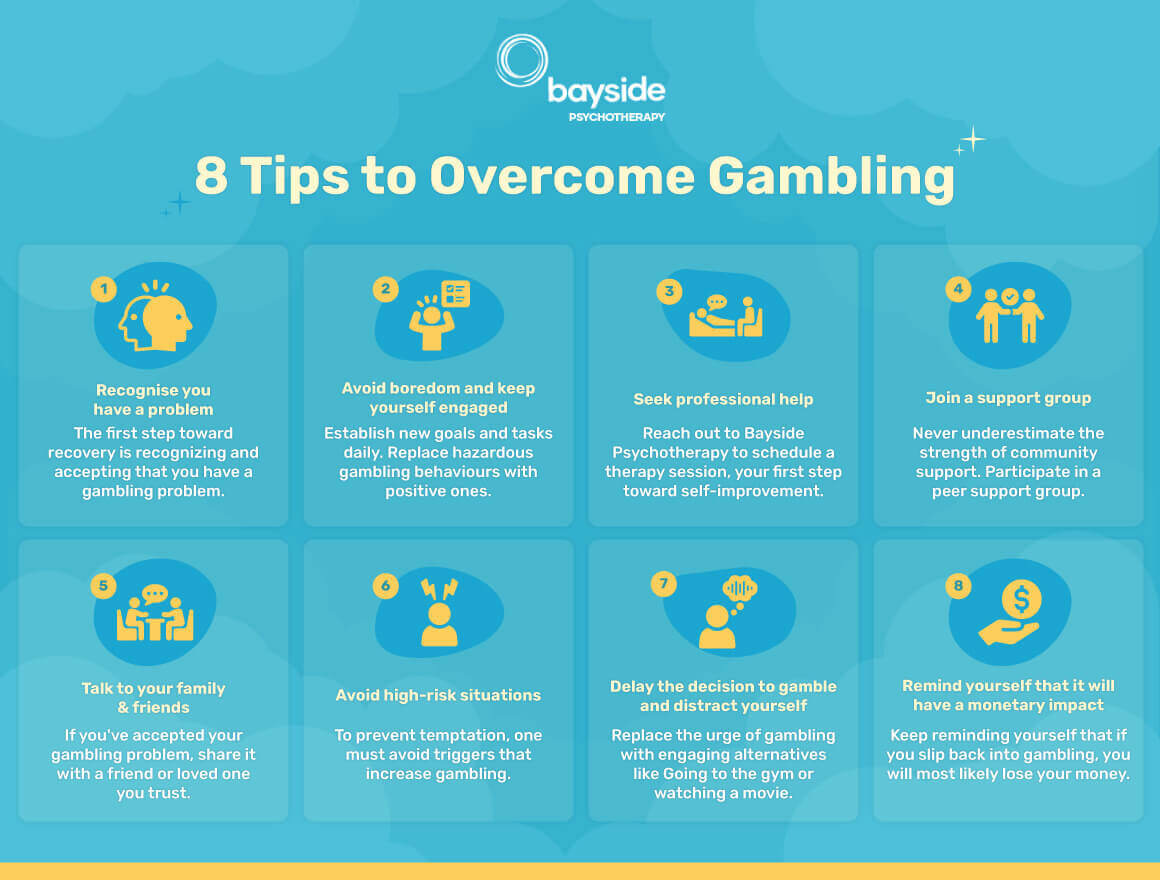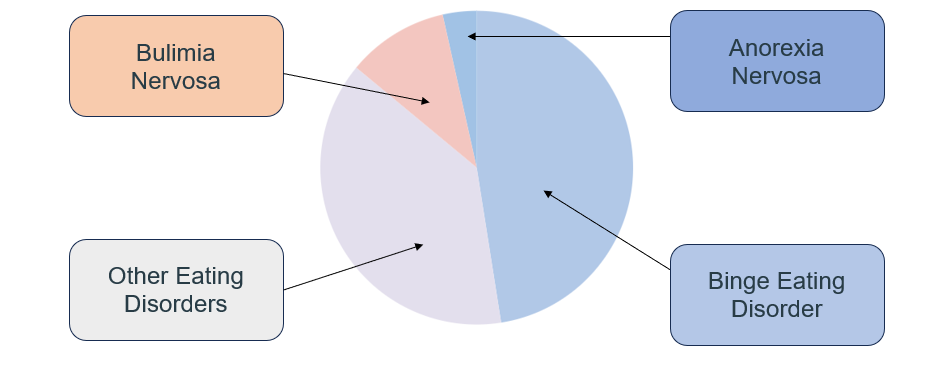Coping with panic attacks
We all experience stress and anxiety from time to time, it’s an unavoidable component of living in a global society infused with sophisticated technology and focused on material acquisition that runs at breakneck speed 24 hours a day.
How are stress and panic different?
However panic attacks and panic disorder are very different from transient periods of intense stress. They are by nature terrifying typically because you feel like your life is literally in danger of being consumed by intense fear and loss of control, feeling on the border of passing out, gasping for air, and a heartbeat racing out of control.
What is panic disorder?
Panic disorder unfolds when a combination of the abovementioned experiences occur in an unexpected way and individuals understandably become extremely fearful and concerned they will happen again. Because of the physical nature of panic attacks, individuals can attribute their racing heart or breathing difficulties to physical problems and consequently seek out medical assistance but walk away feeling embarrassed, frustrated and confused. Individuals with panic attack and panic disorder may also change their behaviour patterns to ensure an episode does not occur in a public place or to avoid activities that may mimic panic symptoms (such as exercise).
Am I at risk?
Panic symptoms are more common in those with a history of depression, anxiety or severe trauma. They may also begin during a period of bereavement associated with a significant loss or in a time of extreme, uncontrollable stress.
What can I do to manage and cope?
One of the best steps to managing and coping with panic disorder is to educate yourself. Panic attacks and panic disorder are legitimate and debilitating experiences. Learning more about these issues can help you avoid confusion when the associated symptoms arise. Instead of being scared that you have a heart problem or asthma or an allergic reaction, being armed with knowledge can help you focus on the fact that what you are experiencing is related to emotions and that your body itself is not in danger.
Panic disorder involves extreme anxiety and there are a number of strategies individuals can use to restore a greater sense of calmness including:
Deep breathing – focusing on your breathing, taking big breaths into your abdomen, breathe in counting five and then breathe out counting to five. Keep your attention on your breathing, noticing how your abdomen rises as you breathe in and flattens as you breathe out.
Visualisation -once you have begun to instil a sense of calm through slowing your breathing down, picture a place in your mind that you associate with feeling happy or safe. It might be memories of a special event such as a wedding or holiday, or being with a person who has been protective or nurturing.
Exercise – although experiencing panic can make you want to retreat into your home and the safety of your couch or bedroom, moderate exercise, such as going for a walk or completing a set of yoga stretches, can help to focus your attention elsewhere and generate the release of feel good endorphins that have a calming impact on your nervous system.
Psychological treatment, there’s no substitute for individual therapy. If you’re in Sydney try here. If you’re in Melbourne give us a call.
Also build a support network – talking with people about our fears and worries can make them seem less burdensome and lessen feelings of isolation and overwhelm. If you don’t think your friends or family will be understanding or supportive, assistance can be obtained from anxiety support groups and from a professional therapist. Many mental health support lines operate 24 hours a day which can be very useful if a panic attack occurs in the middle of the night.
Here are a couple of blogs written on this topic you might find useful:
Choosing the right therapist: The 5 mo...
Choosing the right therapist can be difficult. Different problems and diff.
Creating Healthier Workspaces: How str...
Employee mental health is pivotal to overall workplace wellbeing, impacting individual performance, job satisfaction, and organ.
From High Stakes to Healing: 8 Tips To...
Gambling activities have become more accessible and convenient due to the proliferation of casinos and the rapid growth of online gambling platforms. Mo.
An Examination of Bulimia Nervosa Amon...
Bulimia nervosa is a serious eating disorder that can significantly impact an individual's physical and psychological health. Characterised by recurrent.











